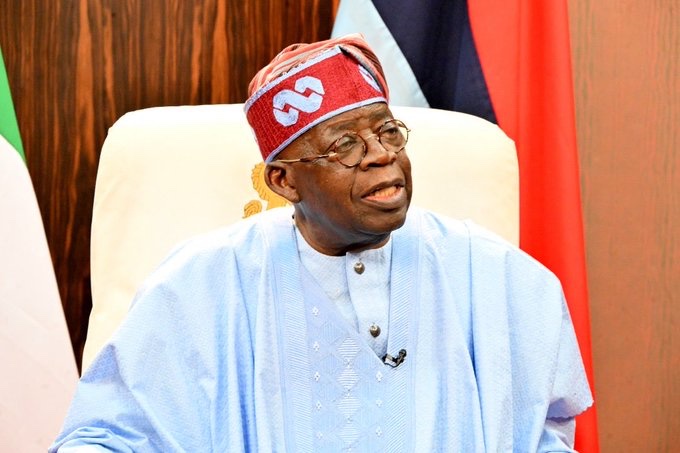
Sheikh Gumi Urges Dialogue with Bandits, Cites Israel-Hamas Exchange as Model for Nigeria’s Security Crisis

Prominent Islamic cleric and former military officer, Sheikh Ahmad Gumi, has once again reignited national debate over Nigeria’s persistent banditry crisis by calling for renewed dialogue with armed Fulani groups in the north.
In a recent statement shared on X, Gumi argued that military offensives alone cannot solve the deep-seated issues fueling the violence, which he attributes to years of marginalization and neglect of pastoral communities.
Gumi, known for his controversial interventions and previous mediations that led to hostage releases, drew parallels with the recent October 2025 Israel-Hamas prisoner exchange, in which Hamas freed Israeli captives while Israel released over 2,000 Palestinian detainees under a U.S.-brokered ceasefire.
According to the cleric, that negotiation demonstrated that even bitter rivals could reach temporary peace through dialogue, insisting that “talking to the enemy is not weakness—it’s wisdom.”
His remarks, however, have triggered sharp divisions online and across public discourse. Supporters of his approach argue that a dialogue-based strategy could help de-escalate Nigeria’s worsening insecurity, which has displaced thousands and claimed hundreds of lives annually, according to the International Crisis Group.
They cite his previous interventions—such as facilitating talks that secured the release of abducted students in Zamfara and Niger States—as evidence that engagement can yield results where brute force fails.
But critics swiftly condemned his stance, accusing him of legitimizing criminality and undermining the authority of the Nigerian Armed Forces. Some users on X argued that negotiation emboldens bandits, incentivizing more kidnappings and ransom demands. “If you keep talking to those killing your citizens, you’re telling them crime pays,” one commenter wrote, reflecting a widespread frustration with what many perceive as government leniency toward insurgents and kidnappers.
Others questioned the relevance of comparing Nigeria’s domestic banditry crisis to the Israel-Hamas conflict. “Hamas is a political entity with international recognition,” another user posted. “Our bandits are armed criminals holding innocent villagers hostage—comparing both is absurd.”
Still, Gumi’s message touches a raw nerve in a nation struggling to balance justice and peace. While Nigeria’s security agencies continue to launch airstrikes and ground operations in the North-West, the cycle of reprisal attacks, abductions, and mass displacements remains unbroken. Many local leaders and rights groups have urged a hybrid approach—combining amnesty, socio-economic reintegration, and sustained intelligence operations.
As public debate rages on, Gumi’s comments underscore the country’s deeper moral and policy dilemma: whether to confront violence solely with weapons or to pursue the uneasy path of negotiation in search of lasting peace. In his words, “Peace is never achieved by silence of guns alone—it comes when grievances are heard and justice is done.”
But for millions of Nigerians weary of bloodshed and broken promises, the question remains—can dialogue truly tame those who have long thrived on chaos?


